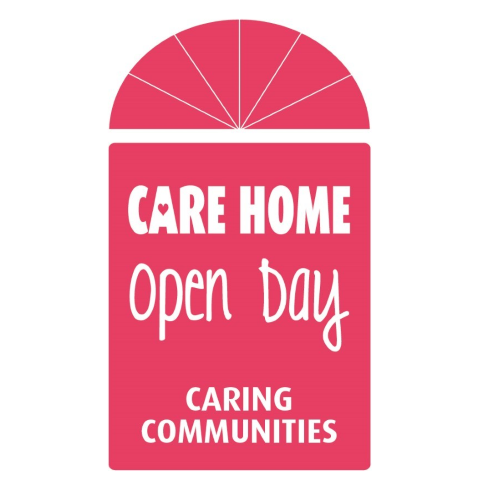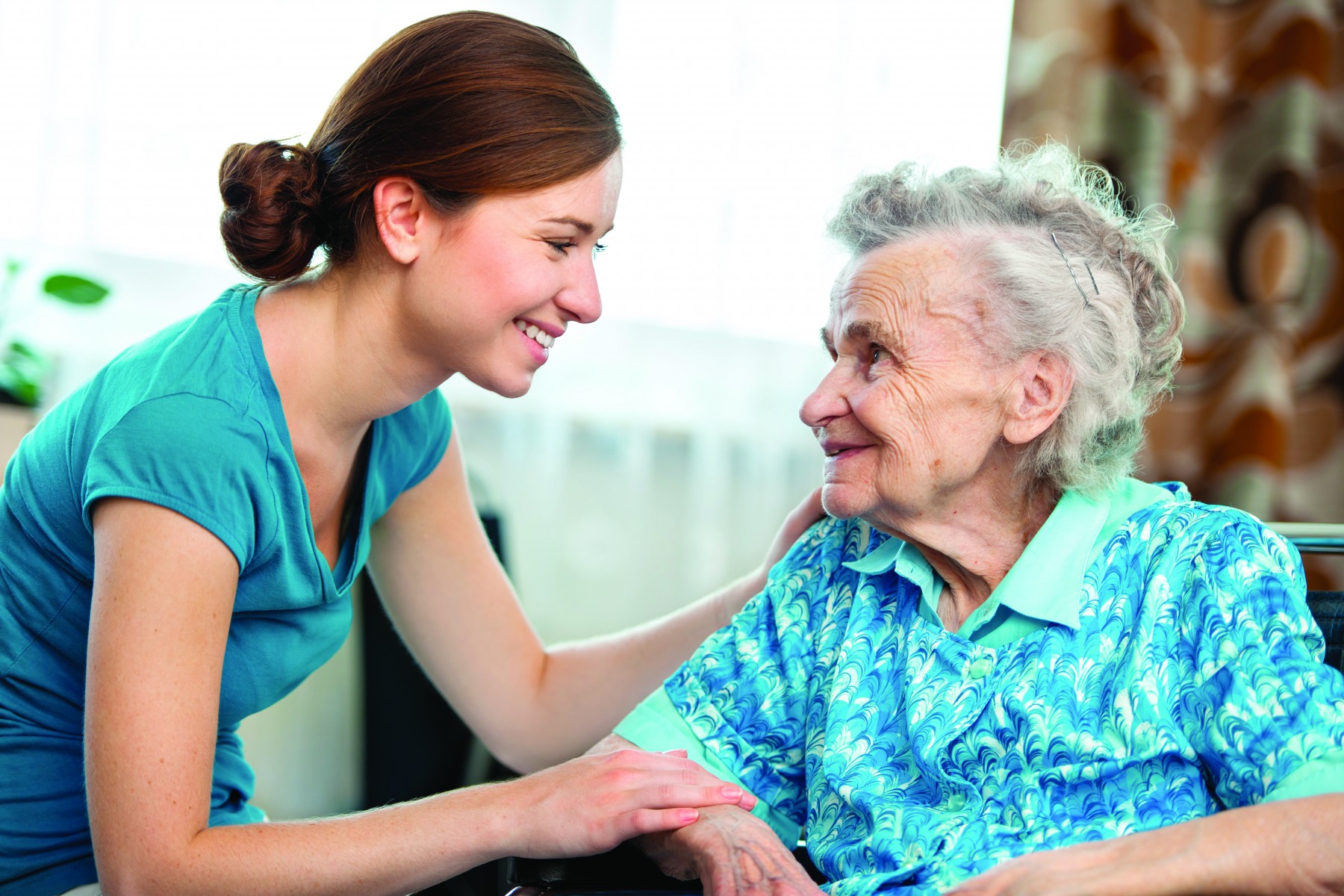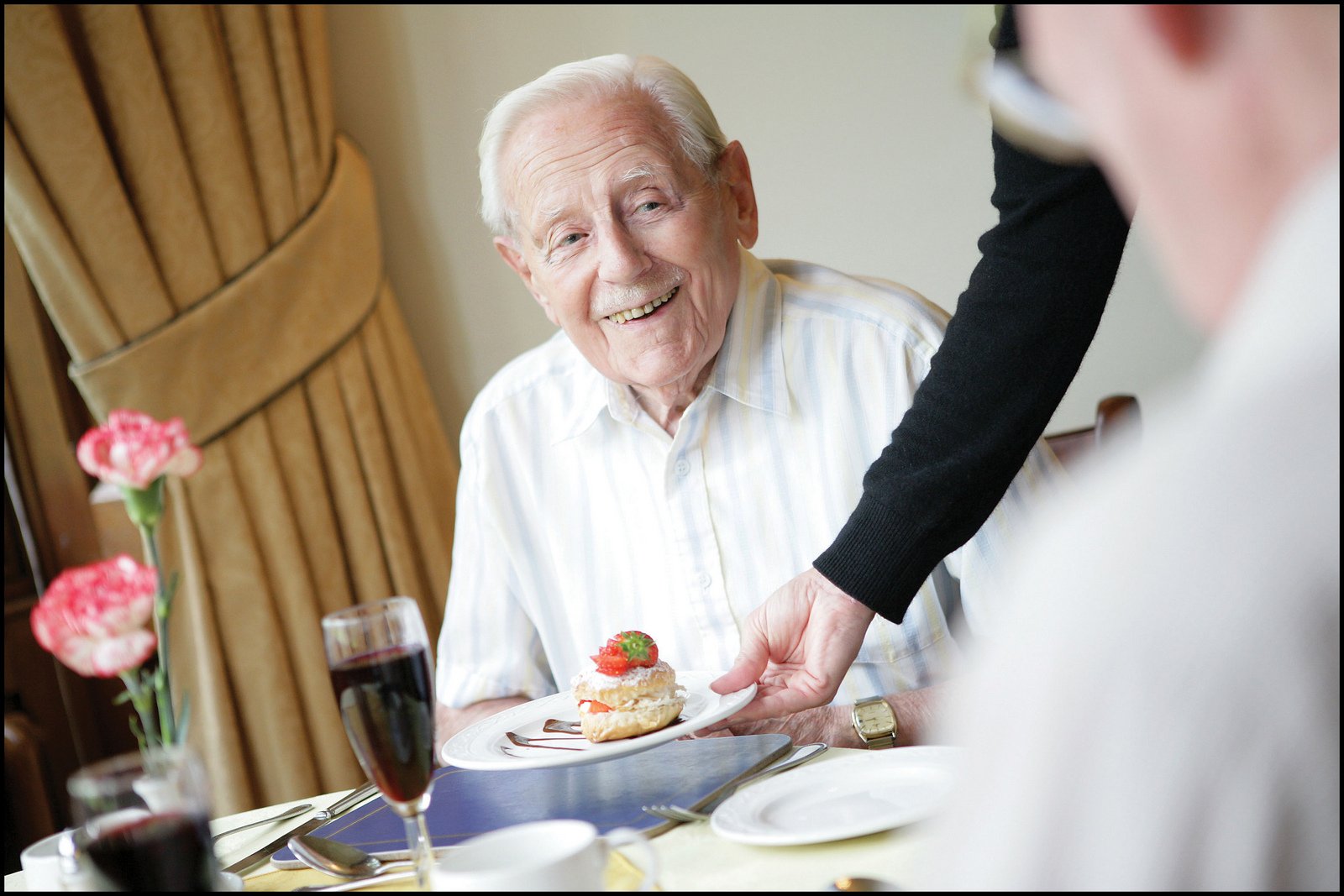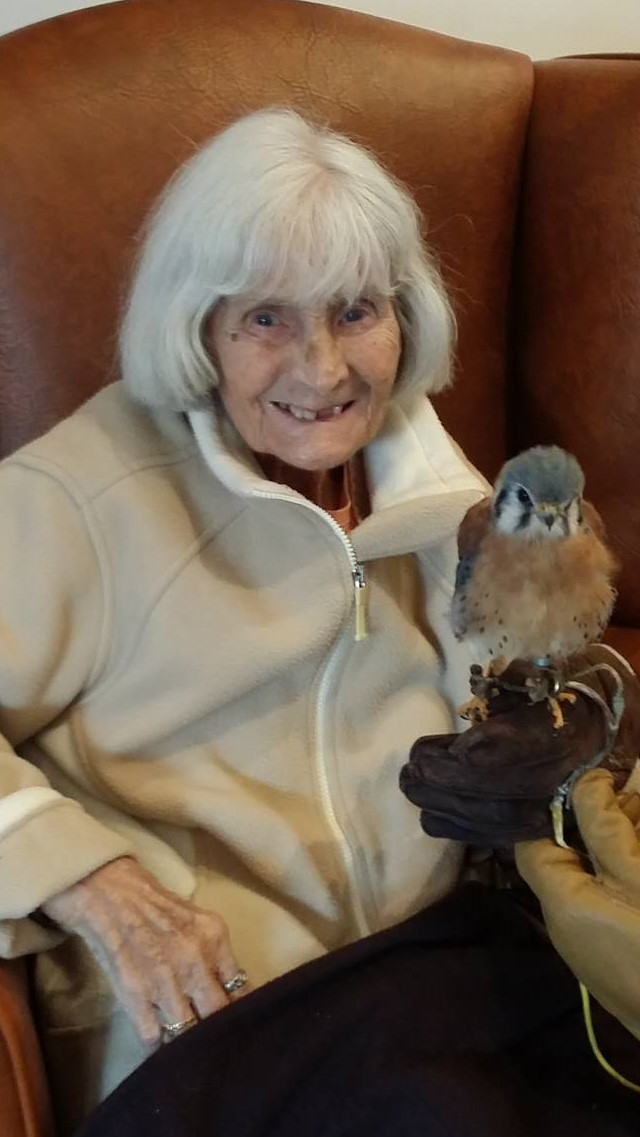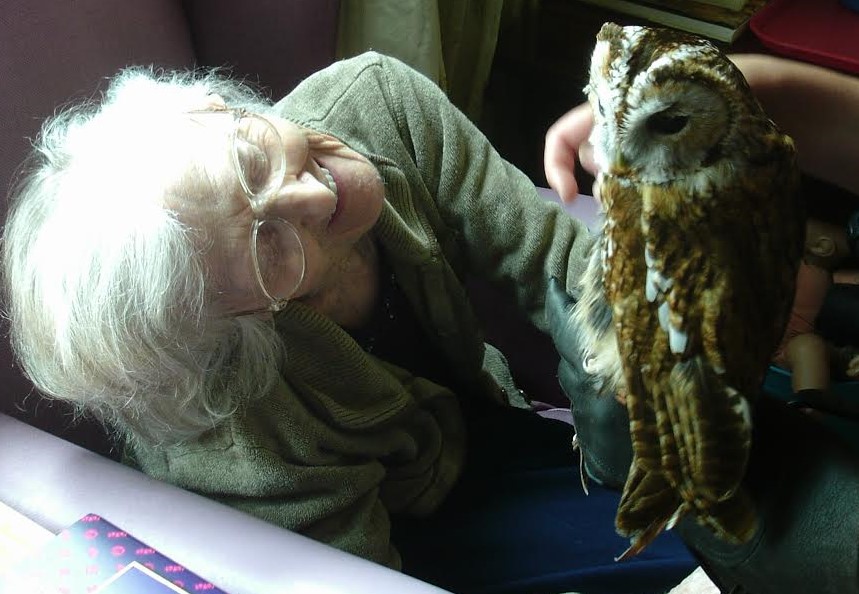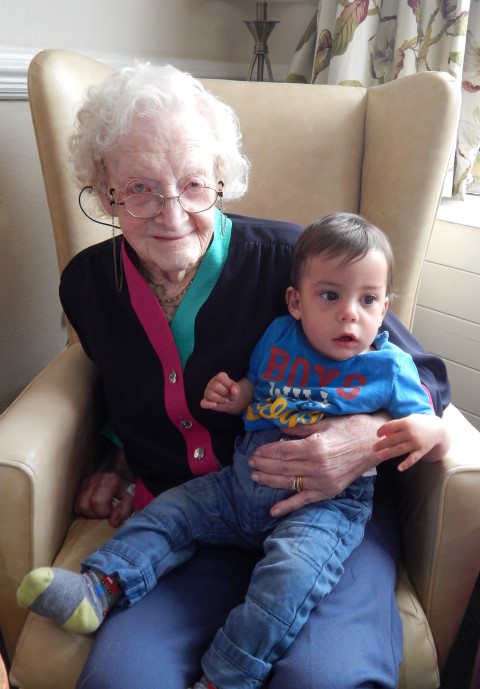 As we get older it’s not unusual to become a little less sharp mentally or even a bit forgetful.
As we get older it’s not unusual to become a little less sharp mentally or even a bit forgetful.
At what point should you become concerned that a loved one is developing dementia and might need specialist care? And if care is needed, what should you look for?
Every individual is different. We all have our own views and attitudes about residential care. And in every case there are different levels of support available from family members and friends. This makes it more or less impossible to set a universal benchmark for when somebody will need specialist residential dementia care.
When Should You be Concerned?
Concerns usually arise when dementia starts affecting everyday life. For example, a relative finds it difficult to complete familiar tasks like cooking or washing, gets confused about time and place or persistently misplaces items by leaving them in illogical places.
None of these automatically mean it’s time for specialist residential care. But it does mean there are care needs that need to be properly assessed. This will give you and your relative a clearer picture of the care options available.
Each case is different and everyone should, as far as is possible, make their own decisions about the care they need. The situation is more acute and sensitive if somebody can no longer care for themselves or live safely in their own home.
Choosing a Dementia Care Home

If residential dementia care is the best option, your local council will give you a list of suitable homes. Checking
online reviews and CQC inspection reports is a helpful place to start but won’t necessarily tell you what will be the best choice for a particular person.
We could give you a list of objective criteria to help you choose a home, but sometimes it comes down to the home that ‘feels right’. This could be about the standard of the accommodation and the range of activities on offer.
Or, it might just be about the staff and how interested they seem in learning about your relative (their personal history, likes and dislikes, for example) and meeting their individual needs.
Visit the homes on the shortlist, take as long as you need to make the right decision, and involve your relative as much as possible.
Dementia Care at Sherborne House
 Sherborne House in Yeovil specialises in dementia care. The care we offer is professional and compassionate and very much centred around the needs of each individual. Our team aims to balance care and personal safety with wellbeing, independence and quality of life.
Sherborne House in Yeovil specialises in dementia care. The care we offer is professional and compassionate and very much centred around the needs of each individual. Our team aims to balance care and personal safety with wellbeing, independence and quality of life.
If you’d like to discuss dementia care needs in general or take a look around Sherborne House please get in touch.




